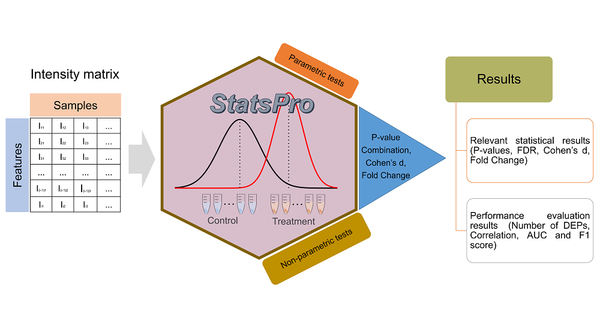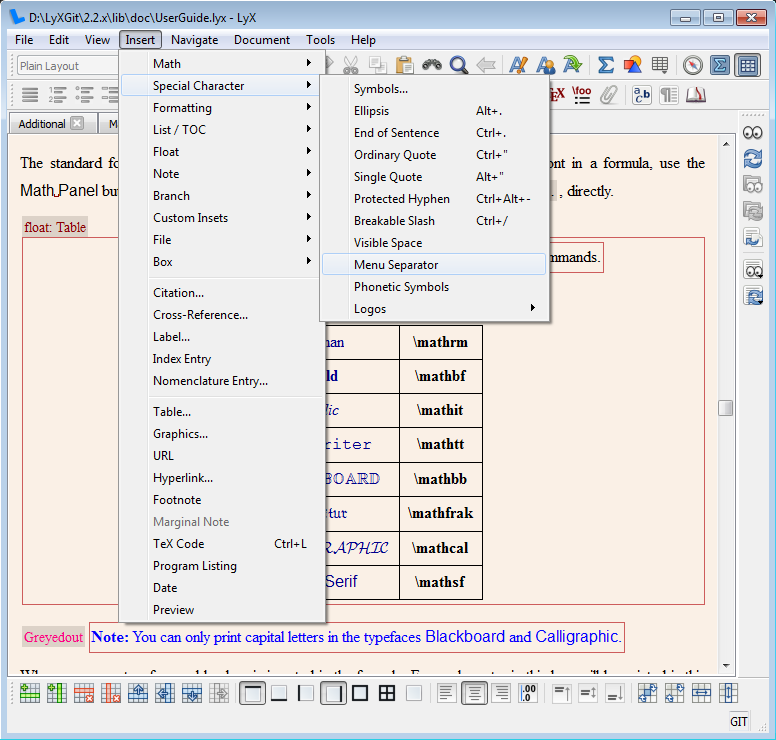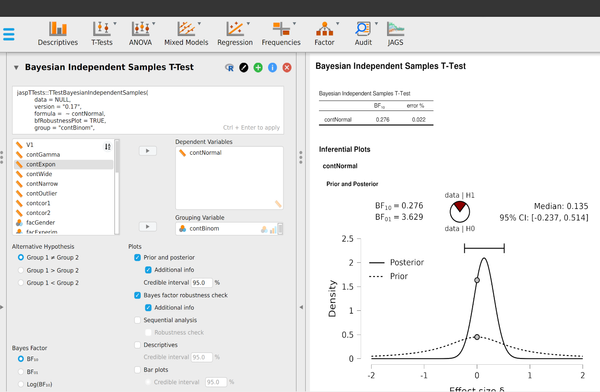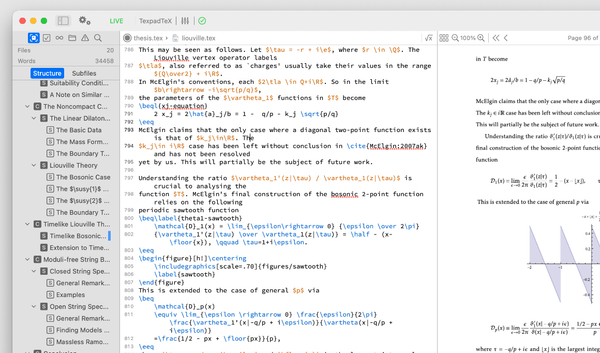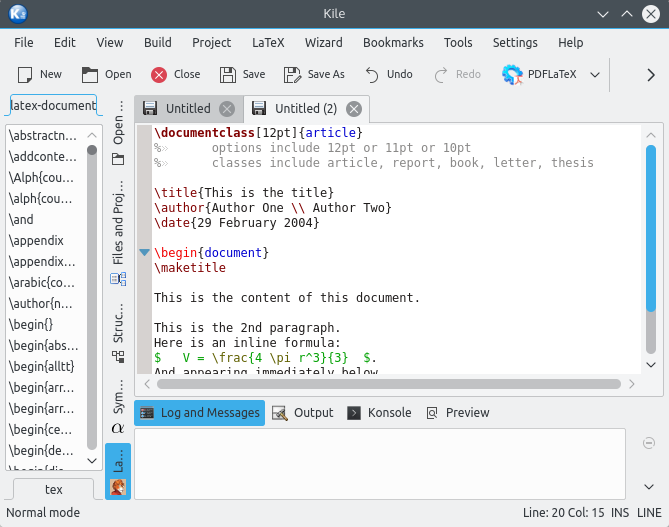Top 10 Free Search Engines for Scientific and Academic Research
Search engines are vital tools that ease the process of research for scientific and research professors, lecturers and students. It enables anyone searching for scientific information to precisely find and pick up the information they need including peer-reviewed articles, genuine information, author home pages, and university web sites.
There are many search engines that can shorten the time required for data collection and we are taking a look at the best free search engines you can get benefit from in the following list:
1- Google Scholar
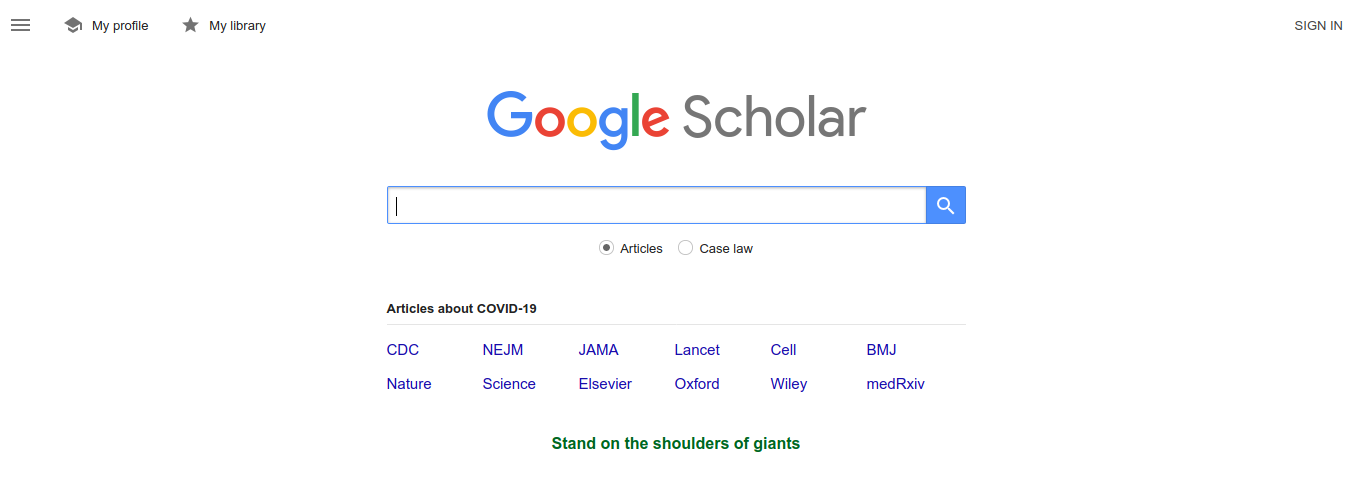
Google Scholar is a search engine that allows the researcher to find out articles, technical reports, theses, citations, books and other documents including selected Web pages. It is a free tool, and is considered the world's largest academic search engine in January 2018. Many researchers find Google scholar as powerful as many subscription-based search engines when looking for citation of articles.
2- Google Books
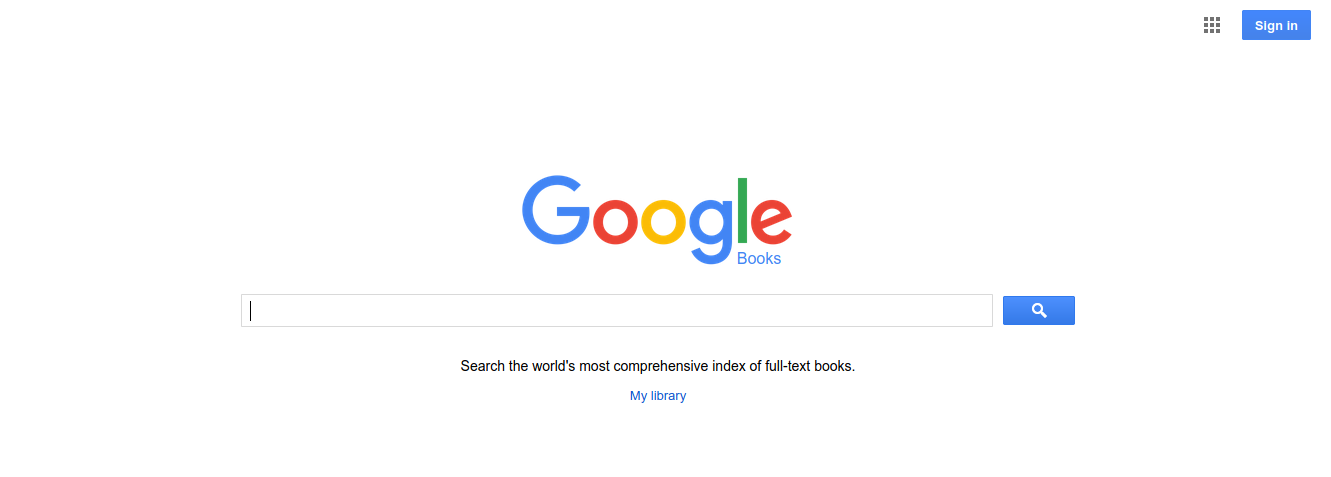
Google Books is a free tool that enables the researcher to search for full texts inside the books and magazines scanned in Google database. It was firstly developed under the name Google Print in 2004. By the end of 2019, the number of scanned books reached over 40 million titles.
3- Microsoft Academic

Microsoft Academic is a free tool developed by Microsoft. It was firstly named Microsoft Academic Search and ended in 2012, then re-launched in 2016 as Microsoft Academic. It provides the researcher with the opportunity to search academic publications, literature and to perform citation analysis. It covers over 220 million publications including about 88 million journal articles. Bibliometricians suggest Microsoft Academic as a strong competitor to Google Scholar.
4- PubMed
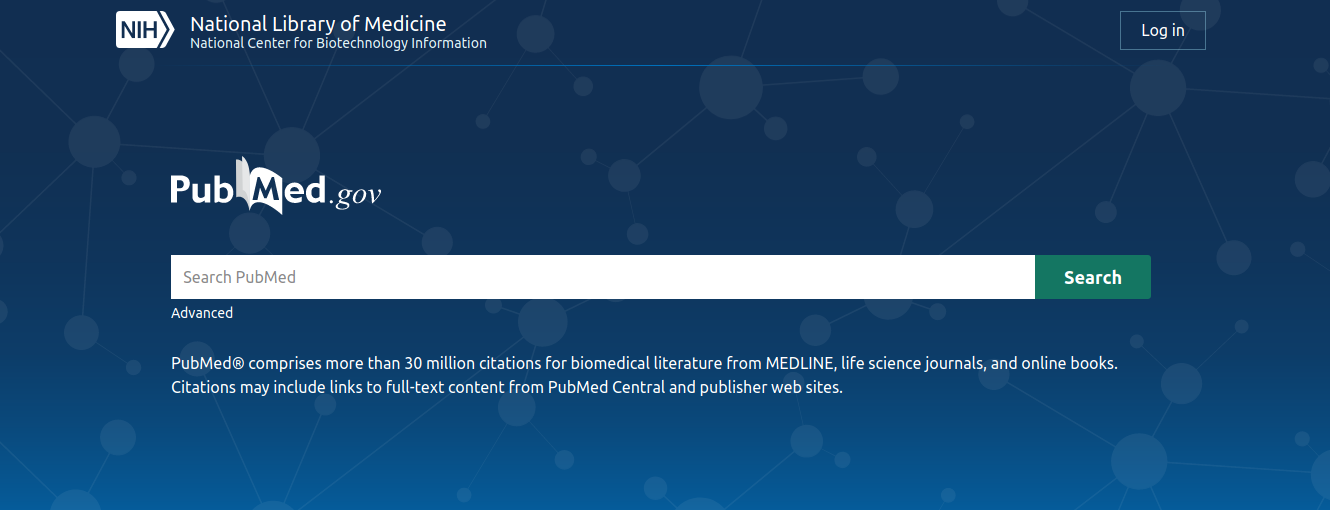
PubMed is a free search engine for references and abstracts on medical, life sciences, and biomedical topics. Starting from 1971, its online access was restricted to the use of academic institutions as University libraries. Since 1997, it was made available to online public use. At the beginning of 2020, PubMed has over 30 million citations and abstracts.
5- Refseek
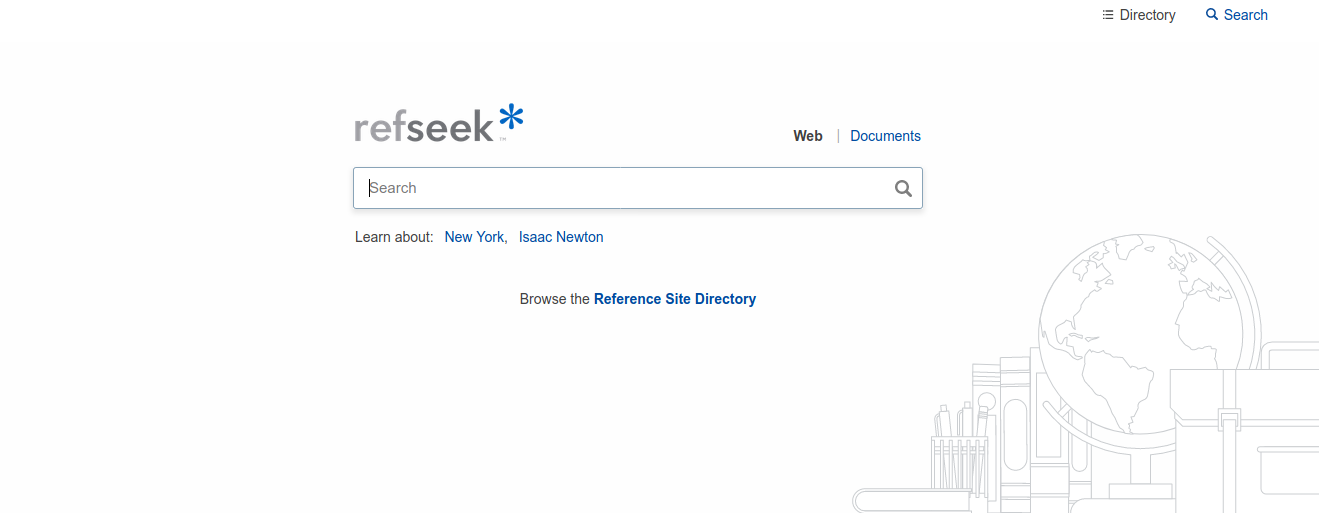
Refseek is an academic search engine that is considered simpler than Google as it excludes information overload. It focuses on scientific and academic topics for scientists and students. It aims mainly at making academic information easily accessible to everyone. It indexes more than 5 billion documents including web pages, books, encyclopedias, journals, and newspapers. It was launched in 2009.

6- CiteSeerX
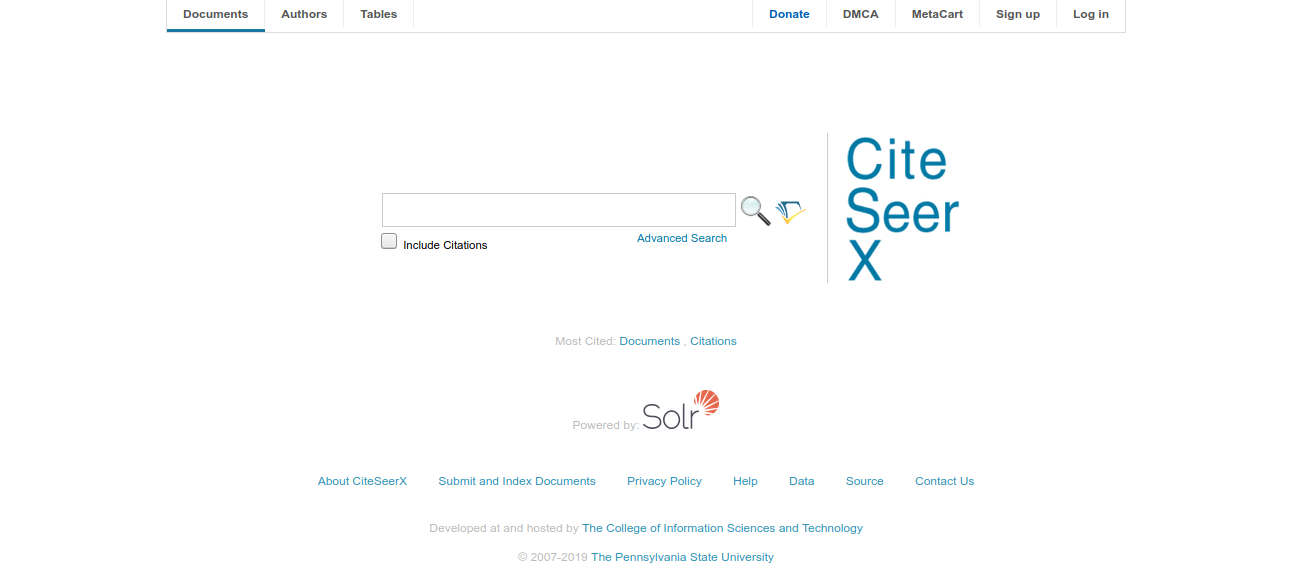
CiteSeerX is a public search engine for scientific and academic topics specially computer and information science. It was created in 1997 under the name of CiteSeer and became public in 1998. CiteSeerX replaced CiteSeer, and it was released in 2008. It has many features as Autonomous citation indexing (ACI), Citation statistics, Author disambiguation, Automatic metadata extraction, Full-text indexing, and many more features.
7- Semantic Scholar
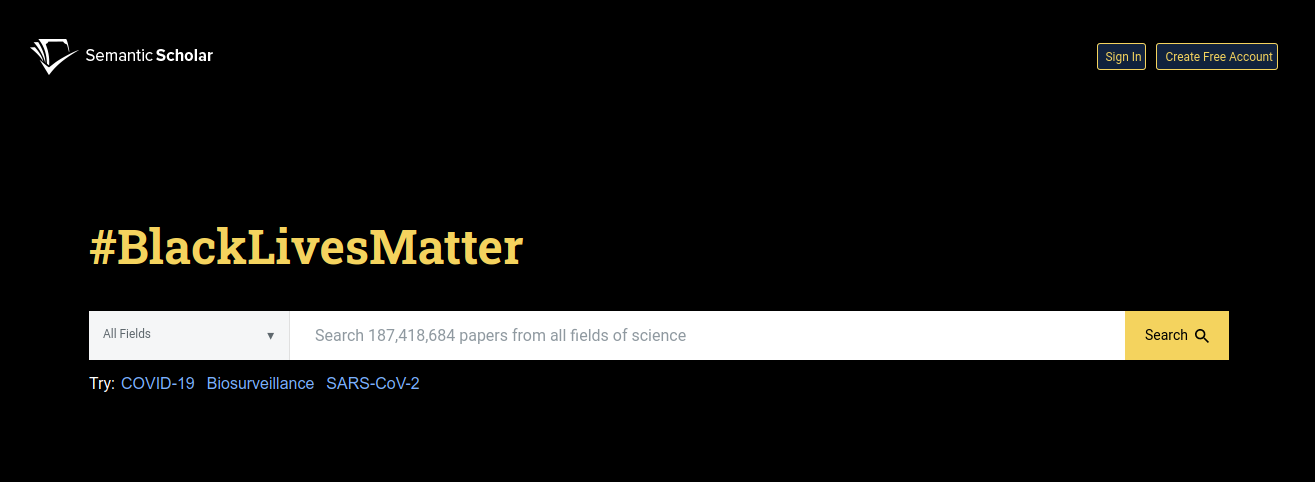
Semantic Scholar was created by a team at the Allen Institute for AI, and was released at the end of 2015 as a search engine for academic publications. In comparison to Google Scholar and PubMed, Semantic Scholar is designed to spot the light on the most important papers, and to identify the connections between them. By 2019, Semantic Scholar indexed more than 180 million papers which include all fields of science.
8- ResearchGate

ResearchGate is a site that was founded in 2008. It is currently dominated by users searching and providing information on biology and medicine. It also includes computer science, engineering and psychology. This search engine currently provides results from over 135 million publication pages. It also provides an iOS mobile app which has many features as connecting with people in your field and messaging them directly, and Keeping track of your notifications, reads, and citations of your work.
9- ScienceOpen
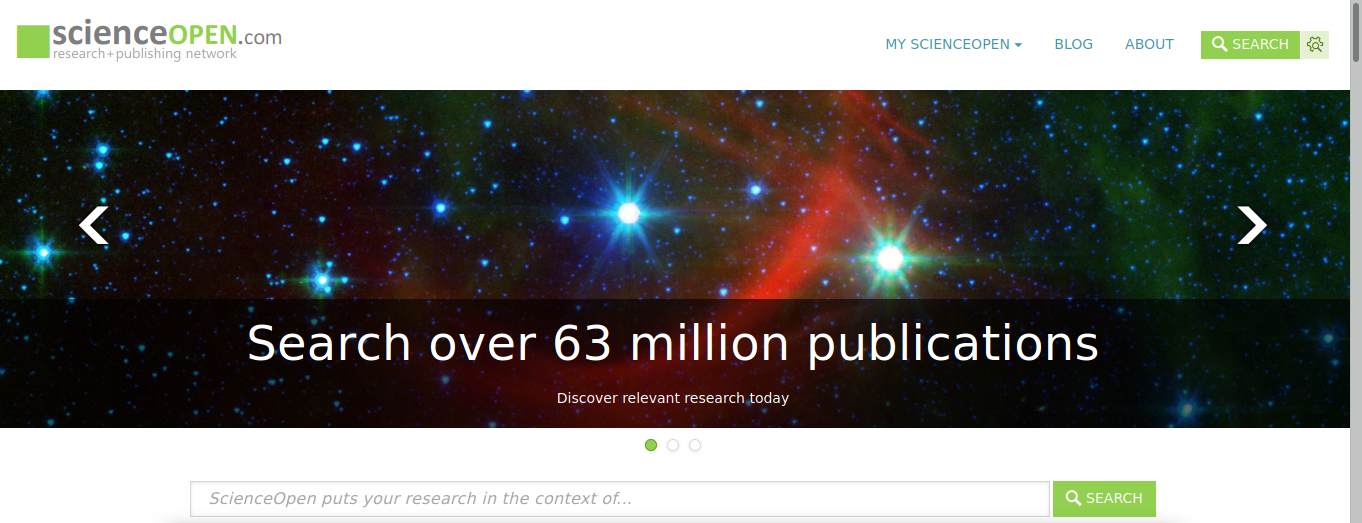
ScienceOpen was founded in 2013, and has more than 63 million publications. It offers many free tools such as multi-dimensional search by 18 filters, exporting search results in EndNote, BibTex, and Reference Manager (RIS) formats (Up to 200 citations exported at a time), track usage, citations, and altmetrics of your publications on ScienceOpen, follow researchers for updates on their activities, and many more powerful features.
10- Europe PMC

Europe PMC is an open sience platform that has 37 million abstracts, 6.1 million full text articles, and more than 23500 books and documents. It gives you the ability to claim your articles by linking them to your ORCID.
Conclusion
The above mentioned academic search engines are among the most reputable and free search engines for scientific researchers. They provide information on the major topics of science including medicine, biology, computer science and other areas of academic research. Thanks a million for the efforts of the developers that are responsible for research and development of useful tools that help researchers and scientists to acquire the information they need to finish their researches for the greater good for the humanity.



